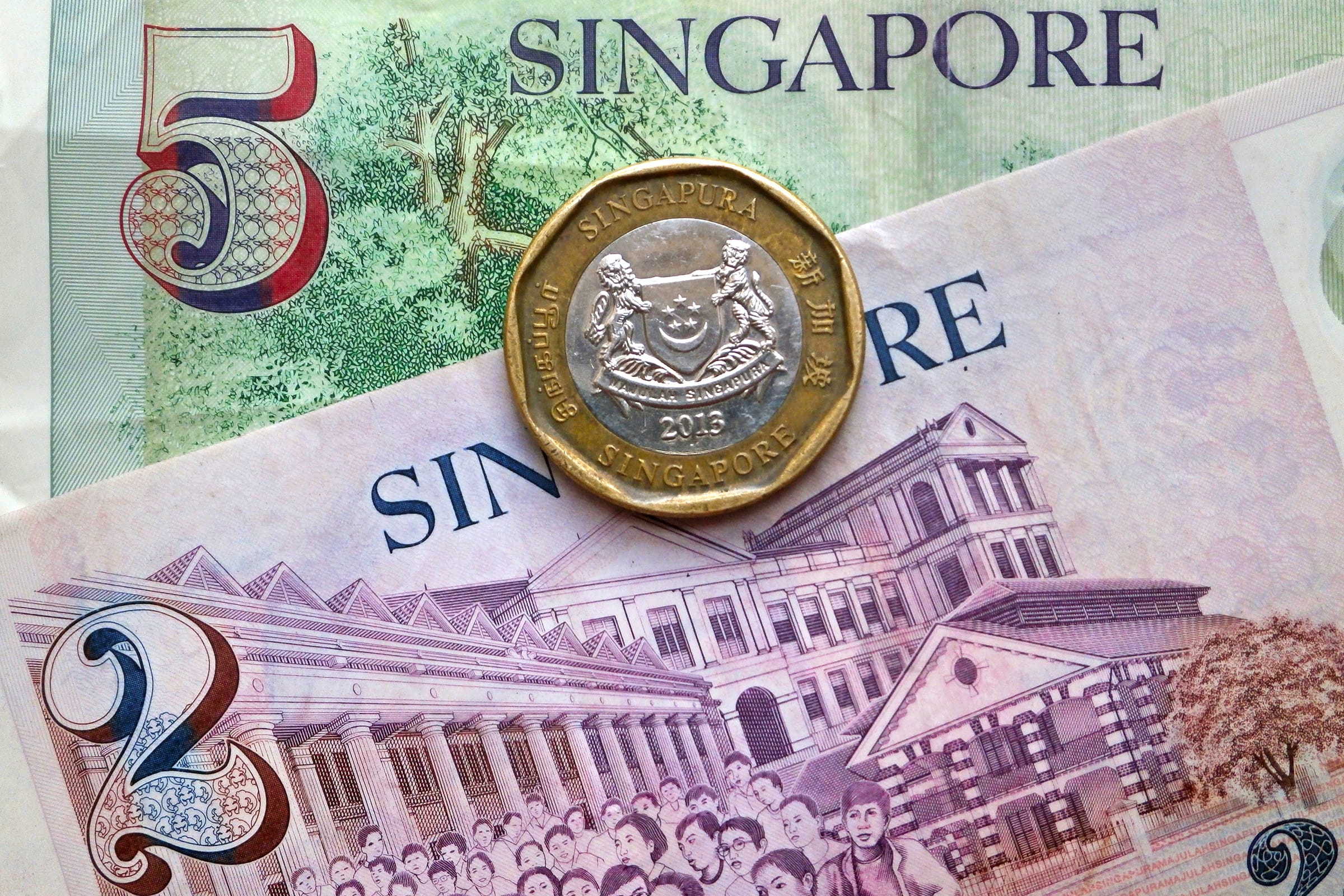This is why I hate "journalists". Some years ago people at the Economist had a decent idea to create a tool for comparing living costs for EXPATS in different, major cities of the world, to allow companies estimate complete relocation and employment expenses.
Of course, with time they realized that if they remove or hide the distinction that it is, indeed, only for workforce moving somewhere, it would make for excellent, globally republished clickbait that would drive millions of misled people back to the Economist, desperately trying to make a living off clicks.
And this is what they did.
Now, the government of Singapore is trying to defend itself and clarify the misconceptions about the ranking but I have a far simpler comparison we can all make.
The thing about Singapore is, of course, that expats and locals live in completely different realities.
The three most prominent drivers of costs of life in Singapore are: private accommodation, car ownership and alcohol/nightlife.
All of them are definitely expensive (or even most expensive in the world, when it comes to cars). But it is also clear that most people don't need or depend on them.
I think it's quite easy to realize just how affordable Singapore is to live in, relative to other developed cities - we just have to consider five fundamental factors and see if we can find cheaper equivalents elsewhere.
The basic needs people have are:
1. Food - they need to eat.
2. Housing - they need to live somewhere.
3. Transportation - they need to be able to move around conveniently and safely.
4. Healthcare - they need to have access to doctors and hospitals.
5. Energy - they need to have access to electricity at home.
Let's now consider the reality:
1. Food - I would very much like anybody to show me any developed city on this planet with an equivalent of cai fan, where you can regularly eat for a few bucks per meal.
2. Housing - similarly, I'd love to see any modern metropolis where local residents have access to comparably affordable and spacious housing in convenient, often central areas, usually with MRT access.
3. Transportation - please show me how many developed cities offer clean, safe subway commute for $1-2 per ride.
4. Healthcare - this is a bit harder to compare, as we'd have to delve into figures for specific procedures, but as of 2019, per World Bank data, local expenses on healthcare were just 1/4 of per capita expenses in countries like the US or Switzerland, or little over a half of Japan. By my personal experience I can say that private visits to GPs are more affordable than in Eastern Europe - and not in relative terms but in absolute charges per visit + medication. In fact, prescription drugs are among the cheapest I've ever seen in my life. It may only be an anecdote but there is, as I said, some data to support it.
5. Energy - on power generation, Singapore is somewhere in the middle of the pack. Electricity in Singapore is less than half the price per kWh than in Germany or Denmark - in fact, considerably cheaper than in most of Europe, and about on par with nuclear-powered France. It is a bit more expensive than US or Norway (which draws its power from hydro it is very well positioned to do).
These are five fundamentals that affect all people on a daily basis throughout their entire lives, and yet in none of them Singapore is near the top or even high. Quite the contrary, among rich, developed cities, Singapore is easily among the cheapest - if not outright THE cheapest - of all.
And I challenge anybody - EIU or not - to prove otherwise.





